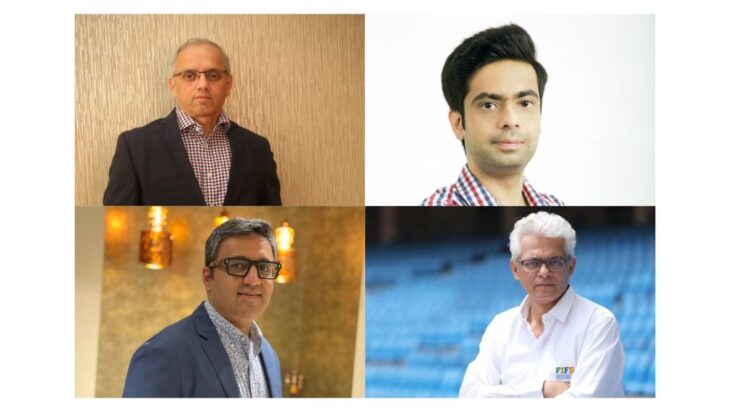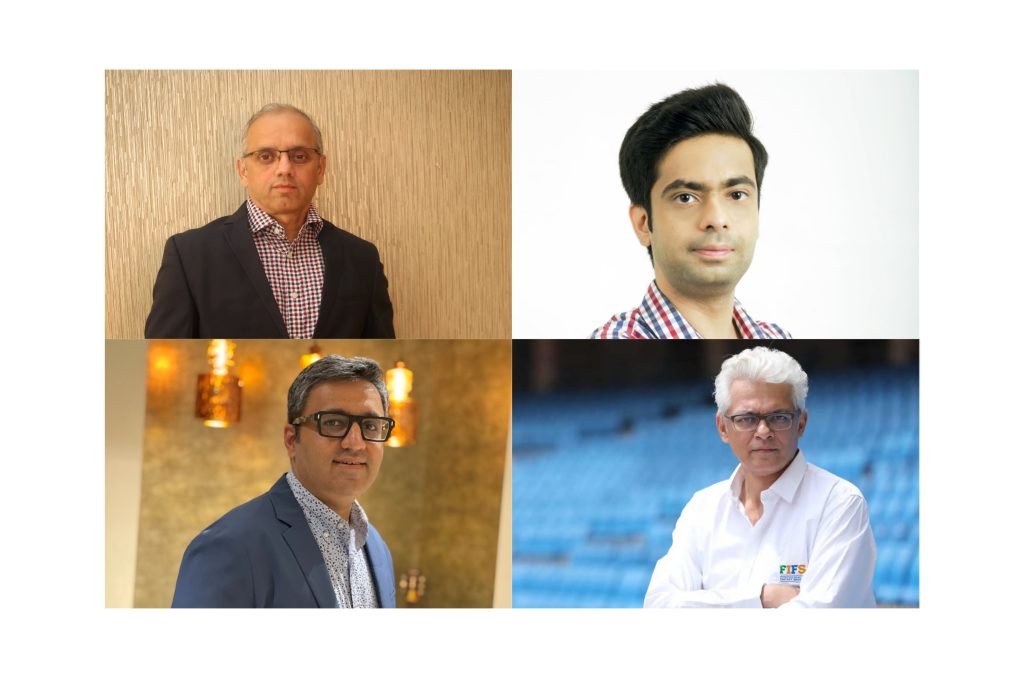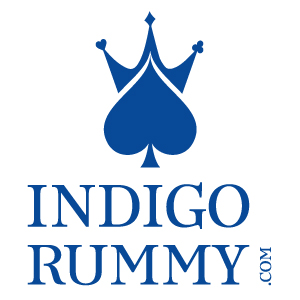Online gaming industry miffed by GST Council’s decision to levy 28% tax on full face value amount

Prepend to the content

The GST Council, in its 50th meeting today, finalized the tax rate on online gaming, casinos and horse racing and it did come as the D-Day for the industry. The tax rate on all the three supplies will be 28% on the full face value amount and the changes will be implemented after the GST law is amended.
The announcement does come as a heavy blow for the online gaming industry as stakeholders across the board had contended that the GoM-recommended rate and criteria would destroy the industry. They suggested that the tax should be levied on gross gaming revenue (GGR) and not on the full face value amount as it would increase the tax burden which, especially, will adversely affect the growth of emerging gaming startups and the industry, as a whole.
The online gaming industry was hopeful of a favourable decision on the GST front as many consultations between them and the government were held wherein the former put up their case clearly. They had also urged the Central Board of Indirect Taxes and Customs (CBIC) that the tax should be levied on GGR even if the tax rate is increased to 28%.
Here’s how industry stakeholders expressed their disappointment –
We believe this decision by the GST Council is unconstitutional, irrational, and egregious. The decision ignores over 60 years of settled legal jurisprudence and lumps online gaming with gambling activities.
This decision will wipe out the entire Indian gaming industry and lead to lakhs of job losses and the only people benefitting from this will be anti-national illegal offshore platforms. It is very unfortunate that when the Central Government has been supporting the industry – in terms of online gaming rules, clarity on TDS, etc. that such a legally untenable decision has been taken, ignoring the views of most GoM states who studied this matter in detail.
– Roland Landers, CEO of All India Gaming Federation.
We are disappointed that the GST Council and authorities have chosen to apply 28% GST on the total entry amount including prize money. As pointed out by FIFS and many of its members on numerous occasions, a change in valuation to tax on the total consideration will cause irreversible damage to the industry, loss of revenue to the exchequer, and loss of employment for lakhs of skilled engineers.
Needless to add, this decision will have a chilling effect on the USD 2.5 billion of FDI already invested by investors and jeopardise potentially any further FDI in the sector. Further, this decision will shift users to illegal betting platforms leading to user risk and loss of revenue for the government. We humbly request the GST Council and the Government of India to reconsider this decision.
– Joy Bhattacharjya, Director-General, FIFS.
The decision of the GST Council to obliterate the distinction between games of skill and chance and impose a flat 28% tax on face value of transaction or entry fees of online gaming, casinos and horse racing will have a massive impact on the industry. Having said that, since it has been decided by the GST Council that amendments have to be made to Entry 6 of Schedule III of the CGST Act to exclude online skill-based gaming from the ambit of actionable claims and correspondingly all 28 states will have to amend their state GST laws to reflect this position, it will take at least 5-6 months to bring into force this changed rate and manner of valuation of taxation for online skill gaming industry.
It is also almost certain that the industry will be challenging these amendments to the GST laws, as and when they are brought into force in the courts on constitutional grounds. The industry will also likely be seeking interim relief from courts as and when the law is brought into force.
– Jay Sayta, Technology & Gaming Lawyer.
RIP – Real money gaming industry in India. If the govt is thinking people will put in ₹100 to play on ₹72 pot entry (28% Gross GST); and if they win ₹54 (after platform fees)- they will pay 30% TDS on that – for which they will get free swimming pool in their living room come the first monsoon – not happening !
It was good fun being part of the fantasy gaming industry – which stands murdered now. $10 Bn down the drain in this monsoon.
Time for startups Founders to enter politics and be represented – or this is going to be spate industry after industry.
– Ashneer Grover, Founder, CrickPe.
Today’s decision at the GST Council is not in the national interest as it will destroy a significant portion of the successful companies in India’s start-up ecosystem. Unfortunately, it also appears to show that the different limbs of the government are not in sync. This is a self-goal that causes a body blow to India’s start-up ecosystem.
– Amrit Kiran Singh, Chief Strategy Advisor at Gameskraft.
This is an extremely unfortunate decision as charging a 28% tax on full face value will lead to a nearly 1000% increase in taxation and prove catastrophic for the industry. A tax burden where taxes exceed revenues will not only make the online gaming industry unviable but also boost black-market operators at the expense of legitimate tax-paying players, further undermining the industry’s image and capacity to survive. It is in addition to the loss of employment opportunities and the huge impact on marquee investors who are heavily invested in this sunrise sector.
Furthermore, online gaming is different from gambling, and the Supreme Court and various High Court decisions have reaffirmed the status of online skill-based games as legitimate business activity protected as a fundamental right under the Indian constitution. While the industry was quite optimistic with the new developments including amendments to the IT rules and implementation of TDS on net winnings, all this will be moot if the industry is not supported by a progressive GST regime. We will wait for further details to assess the situation and evaluate our approach.
– Malay Kumar Shukla, Secretary, E-Gaming Federation.
While the 28 percent rate is detrimental to the online gaming industry, the chargeability on full value is what is going to hurt the gaming companies to an extent it may lead to its extinction. This is completely against the vision of the government to promote online gaming in India.
The findings of the Karnataka High Court in Gameskraft with respect to the distinction between a game of skill and a game of chance has not been appreciated. It will need to be seen if the prescribed methodology to tax online gaming will pass the test of constitutionality. In any case this cannot be implemented retrospectively.
– Sudipta Bhattacharjee, Partner, Khaitan & Co.
With so many regulatory and judicial developments in the sector, it seemed obvious that the GST Council will not tax gamers at par with the gamblers. This development indicates an increase from 1.8 rupees per 100 rupees spent on a game to 28 rupees on per 100. This will not only discourage players from playing, the professionals for whom it is a livelihood will be burdened by taxation. It may also force them to play on offshore platforms, and the whole vision of creating a digital progressing gaming ecosystem seems blurry at this point.
– Shivani Jha, Director, EPWA.
Ignoring the long-time demand of the gaming industry, levying a 28% tax rate on the gaming industry will be a big setback for Indian players. We will need to see the fine print of notification if any exceptions are created. We might immediately see notices being issued to the gaming players for differential tax and with this new series of litigation.
In most countries the online gaming industry is taxable more or less at par with the current taxability of 18%, therefore, it’s a disadvantage for Indian game companies if the taxability moves to 28%.
Even on the valuation, the taxability seems to be on the face value and not on margin platform fee. Taxing the entire pool value will adversely impact the customers as well as they would get less playable value.
– Ankur Gupta, Practice Leader – Indirect Tax at SW India.
The post Online gaming industry miffed by GST Council’s decision to levy 28% tax on full face value amount appeared first on G2G News.



